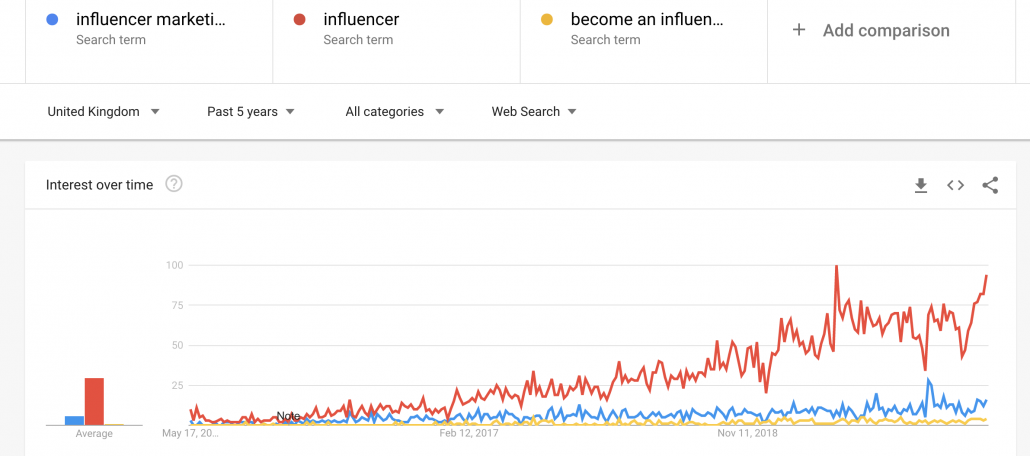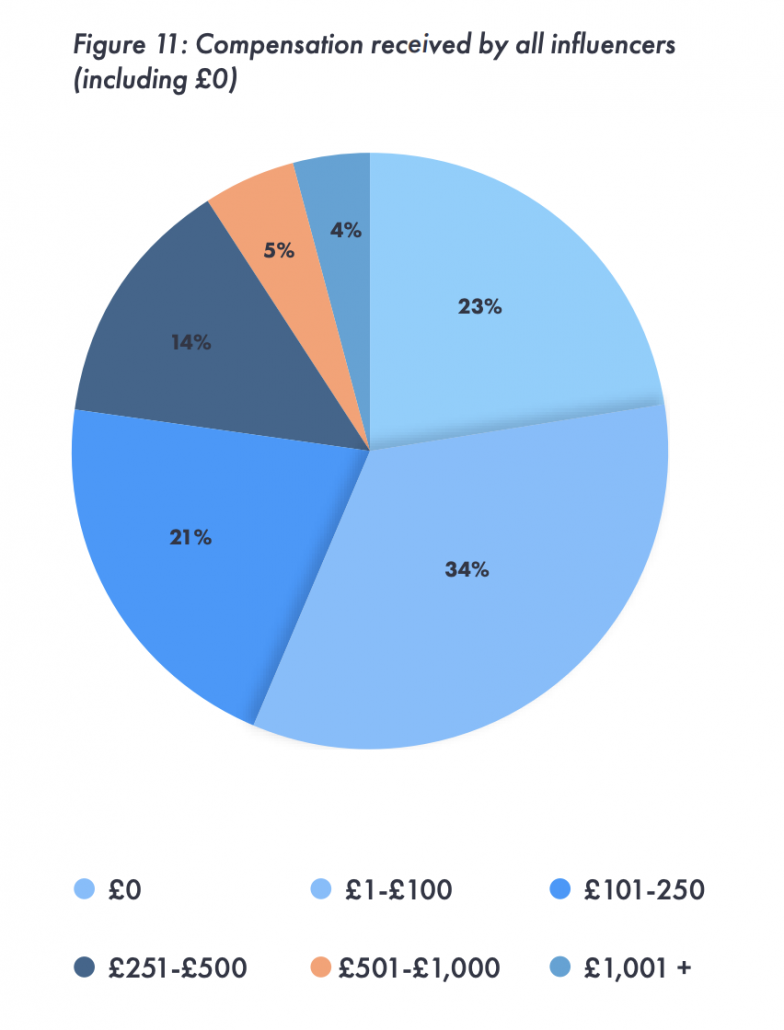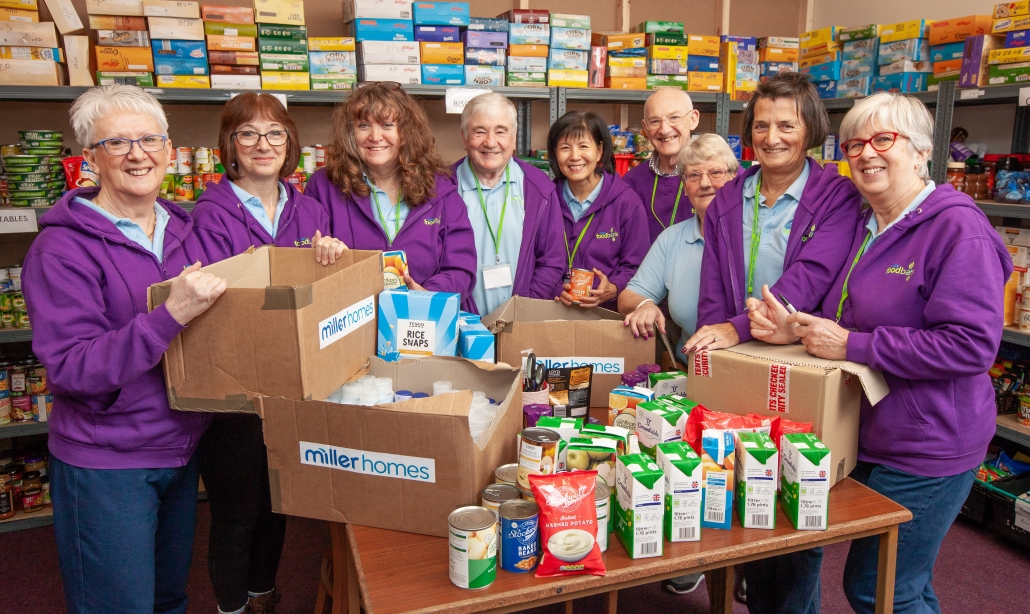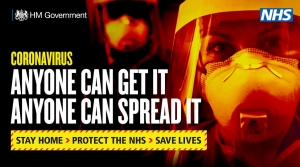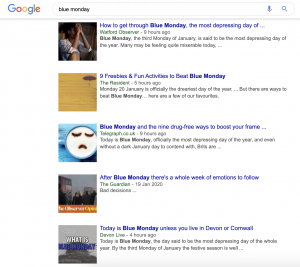NON-ESSENTIAL RETAIL STORES: HOW TO REBUILD CONSUMER TRUST
On the 15th June 2020, the Government allowed non-essential retail stores to reopen after being initially forced to close in April due to the outbreak of Coronavirus. Since, it’s been a tough ride for business owners. Trying to maintain a level of consumer trust whilst also being unable to operate is difficult. With many workers on furlough and so many businesses having to cease trading in all respects, some companies mightn’t have had the time to work on their communications and brand reputations during the lockdown period. So, if this is you, we’ve put together some advice on how to rebuild consumer trust and your brand image as you reopen today.
Rebuild Consumer Trust With Visibility
Rebuilding trust starts with being transparent and visible. There are a number of channels you can use to communicate with your stakeholders: social media, email, face to face, even through the press by getting publicity for your brand. You’ll also want to reach people that aren’t in your pre-existing consumer pool, too. We’ll touch on rebuilding stakeholder relations further down, but to really get your foot off the ground as non-essential retail stores begin to reopen, you’re going to want to make sure you’re visible to the entire public. As many people as you can be.
Spread the word of your reopening far and wide, make use of social media, and also sponsored posts where appropriate. Generate press coverage for your business and be loud. It’s all about being visible, especially if you trade in a saturated market. Don’t go quite and assume people will remember you – it’s been a torrid time for us all, you’ll need to remind people why they will love your brand. This is the first step of rebuilding trust.
Communicate What You Are Doing Differently
Now that you have the attention of stakeholders, you need to make sure you’re telling them the right thing. When announcing that you are reopening for trading, you’ll also need to communicate at the same time the steps you are taking to be Covid-19 secure. Presently, non-essential retail stores are only allowed to reopen if they can follow the 2m social distancing rules and can put precautions in place to protect shoppers. You’ll likely be doing this, so let your customers know too.
Lockdown has been an extraordinary and unprecedented time for us all, not least in the UK but across the whole world. Consumer attitudes are bound to have shifted and thus it’s only to be expected that some may be reluctant to get back out there and visit retailers such as yourself again. If you want to rebuild consumer trust, you need to be prepared to be very open, honest and detailed about how you are keeping people safe; and more importantly – you need to ensure those responsible measures are adhered to.
It could be as simple as posting on social media the signage you have installed, the sanitation points that you have around stores or the precautions staff are taking when they come into contact with consumers, or you could post updates on your website or email your databases. Have you and your staff taken Covid-19 hygiene courses in preparation? Share that too. There are plenty of ways to put the message across, the most important thing is making sure it’s said one way or another.
Encourage And Share Testimonials
One of the best forms of marketing remains to be WOM (word of mouth). Around 75% of people go to friends of family for product or service recommendations. If you’re offering a great in-store experience that allows customers to feel safe, then it’s likely they’ll tell somebody that they know about it. However, as a business, it helps to move that along even more and encourage wider testimonials. Is there a way you can incentivise customers to review their shopping experience? If so, this is something worth capitalising on as not only does this encourage further support from the public but it also gives you content to leverage on social media to keep on reinforcing and rebuilding consumer trust in your brand.
Don’t Ignore The Situation, Acknowledge It
Finally, it could be tempting to adopt a ‘business as usual’ stance. Not all brands will want to address the issue of Coronavirus head on, perhaps in fears of it putting more fear into consumers or even because simply that’s what everybody else is talking about. However, news concerning Covid-19 is quite frankly unavoidable. It’s fair to assume that almost everyone living in the UK will be aware to some degree of what has happened, and as such to not address it could even be seen as ignorant.
It’s important to acknowledge as a brand why you were closed, why you are now reopening and most importantly – what you have changed. Government regulations aside, you have a duty to your consumers to adopt safe measures as a retailer, being upfront about these is important – if you communicate to your customers and explain that their safety is paramount, this is a good way to rebuild consumer trust and encourage them that it is safe to shop with you.
Need Help To Rebuild Consumer Trust In Your Brand?
If you’re a brand – non-essential retailer or other – and are in need of support as your business reopens, then get in touch with The Source. Whether you’re needing to communicate to your customers, or market to a wider audience, we have experience in both B2B and B2C PR, marketing, social media and digital communications, we can help you.

